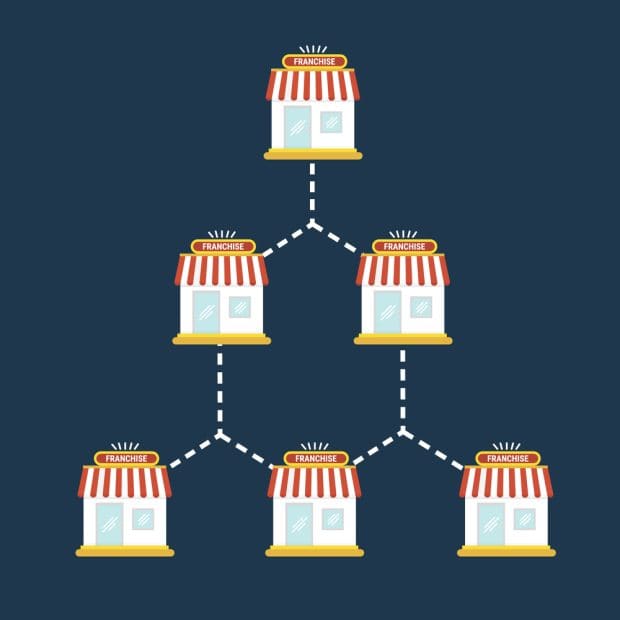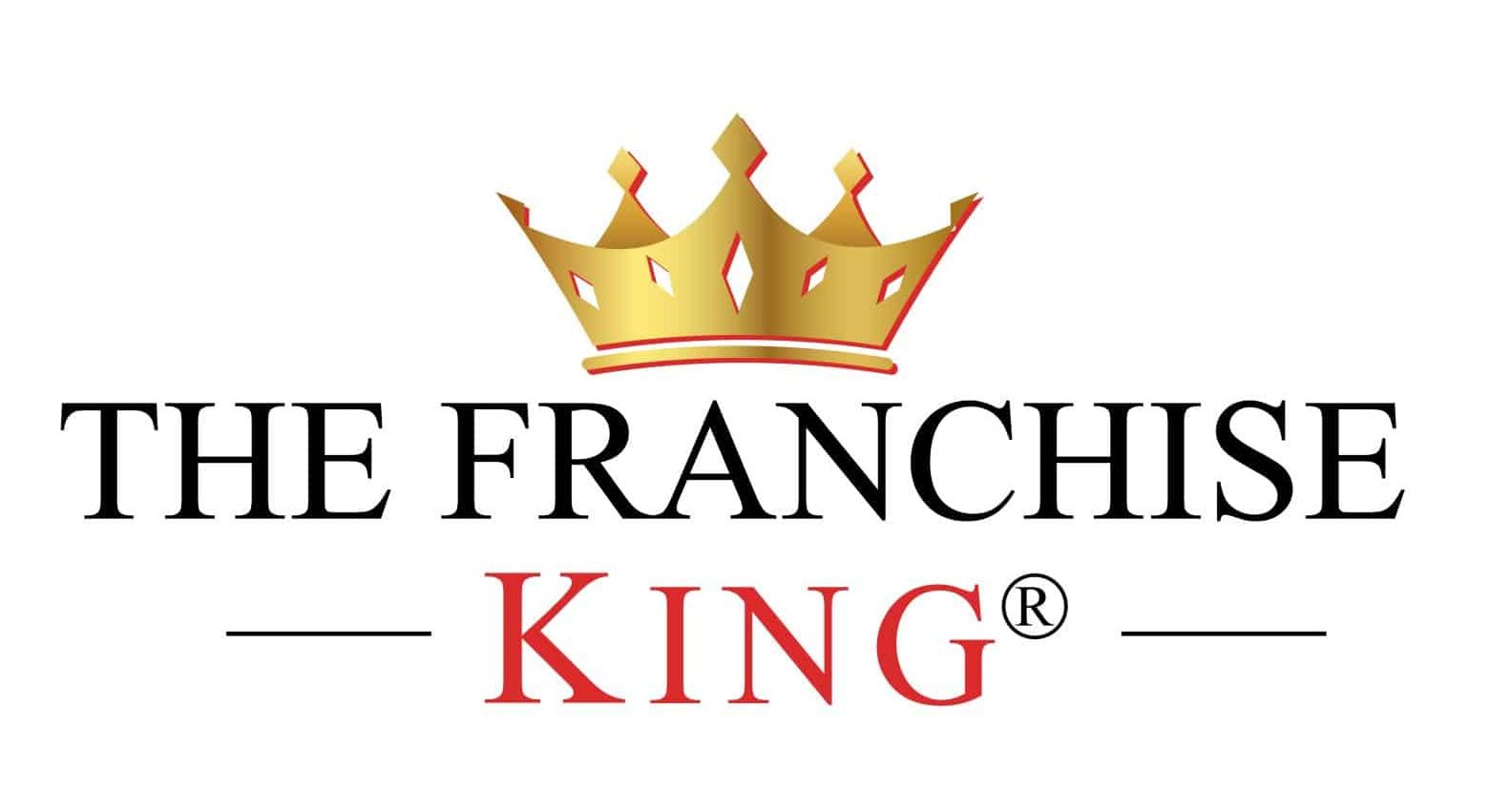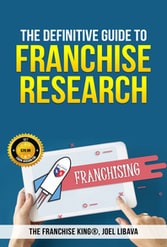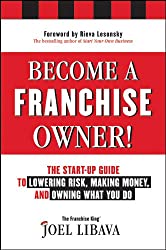
You’ve built something amazing. Your business is humming along, customers keep coming back, and people keep asking, “When are you going to open another location?”
That’s when the big question hits: should you consider franchising your business?
Here’s the thing – having a great business concept is just the starting point.
The real question isn’t only whether your idea could work as a franchise. It’s whether you’re financially equipped to make that leap successfully.
Let’s dig into what financial readiness actually looks like.
So you can determine if you’re ready.
Key Takeaways:
- Consistent Profits Are Essential
Your business should have at least 2 years of strong, predictable profits (12-20% margins) after paying yourself a fair manager’s salary. - Significant Upfront Investment Required
Expect to spend $100,000–$200,000 (or more) on legal fees, trademarks, operations manuals, training, and marketing materials—before you open your first franchise. - Maintain Strong Cash Reserves
Keep 12–18 months of operating expenses in reserve to fund both your current business and franchise development. - Your Business Must Run Without You
If your business relies on your personal involvement to function, you’re not ready to franchise. Systems must be teachable and replicable. - Open a Second Location First
Test your concept by opening a second company-owned location. Use this experience to document systems and refine your operations manual. - Profit Margins Must Support Royalties
Franchisees need to succeed financially after paying 4–8% royalties. If your model can’t support that, revisit your unit economics. - Ongoing Legal and Compliance Costs
Budget at least $15,000/year for legal fees and regulatory compliance—and more if you franchise in multiple states. - Franchising Is Not a Quick Fix
It’s not a solution for struggling businesses. Only pursue franchising if your current operation is thriving, well-documented, and financially robust. - Self-Assessment Is Critical
Ask yourself: Can you operate for 18 months with no franchise income? Are your systems bulletproof? Do you have the capital and stamina for the long haul?
Your Business Needs to Print Money (Consistently)
I’m going to be blunt here: if your current business isn’t making solid, predictable profits, franchising won’t be your salvation. It’ll be your nightmare.
Based on my experience in franchising, you need at least two years of strong, consistent profitability under your belt.
And I don’t mean “we broke even after I paid myself minimum wage” profitable. I’m talking about real profit margins that can handle the additional overhead that comes with franchise development. Okay?
What’s “real” profitability?
Think 12-20% profit margins after all expenses, including paying yourself what you’d actually pay a competent manager.
Note: if you’re currently the business and removing yourself would crash the operation, you’re not ready to take the “franchise my business” leap yet.
The Money You’ll Actually Need For Franchising Your Business
Spoiler alert: it’s way more than you think it’ll be.
Ready for some sticker shock?
Most successful franchise launches need $100,000 to $200,000 just for development costs. Specifically?
We’re talking legal fees, trademark work, operations manuals, training systems, marketing materials, IT – the whole nine yards.
But here’s where aspiring franchisors get blindsided: you still need to run your existing business while building the franchise. It’s a lot of work. A lot of hours. Why?
Because your current revenue stream has to carry both operations.
That’s why, if you’re smart, you’ll keep 12-18 months of operating expenses in reserve before they even think about franchising your business.
Think of it this way – you’re essentially running two businesses for a while. Your profitable location needs to fund both itself and the franchise development process. Unless you have a couple hundred thousand dollars laying around.
Find a franchise attorney who can help you franchise your business the right way.
Can Someone Else Actually Do What You Do?
This is where things get real.
If your business success depends on your personal magic touch, you’re not ready to franchise.
In other words, if you are the business, it’s going to be that much more difficult for you to replicate it. Franchising it.
And now that I’ve twisted your brain into numerous knots, you need to understand that turning your knowledge into teachable systems isn’t cheap, quick or simple.
Professionally written franchise operations manuals, training programs, and quality control systems typically run $50,000+ and take 6-12 months to develop properly.
Finally, ask yourself this: could you disappear for two weeks right now without your independent business falling apart?
If the answer is no, you’ve got work to do before you can teach someone else to replicate your success.
Before Franchising Your Business, Open A Second Location
I tell everyone who contacts me about “franchising my business” to open a second location (if they haven’t already). Why?
Two reasons.
- So they can see if it’s fairly easy to duplicate.
- So they can document everything they did-and turn it into a rough draft of a franchise operations manual.
This ‘pilot‘ expansion typically costs $100,000 to $300,000, but it’s invaluable for understanding what works, what doesn’t, and what you need (or don’t need) in your franchise systems.
Make sense?
The Franchise Revenue Reality Check For Aspiring Franchisors
Here’s something many people don’t think through: successful franchisors don’t just collect that initial franchise fee and walk away.
That’s because the real money comes from ongoing royalties – normally 4-8% of each location’s revenue. This next part is important. I suggest reading it twice.
Your business model needs to be so solid that franchisees can pay you that ongoing percentage and still make good money themselves. If your current profit margins couldn’t handle paying a 6% royalty fee while still generating decent returns, you need to strengthen your unit economics first.
Bottom line?
Nobody’s going to invest their hard-earned dollars into a franchise that barely makes money after paying you…the franchisor.
The Legal Stuff Adds Up Fast When Franchising Your Business
Franchising lives in a world of federal and state regulations.
Translation: you’ll need ongoing legal support, compliance monitoring, and regular document updates. Budget at least $15,000* annually just for legal and regulatory requirements.
*I may be off here. Ask your franchise attorney for an annual estimate.
And if you want to sell franchises in multiple states? This is where things get interesting. And stressful. Especially when you have 3 people from New York contact you who want to buy your franchise-and you’re not legally able to sell franchises there yet.
Each state has its own registration requirements and fees. The franchise legal costs multiply quickly.
This isn’t a “pay once and you’re done” situation. Franchise regulations change, documents need updates, and compliance never stops.
Time for Some Honest Self-Assessment
Let’s cut to the chase with some direct questions:
- Can you operate for 18 months without any franchise income while you develop your program?
- Do you have systems documented well enough that someone else could achieve similar results?
- Are your profit margins strong enough that franchisees can pay royalties and still hit their financial goals?
If you’re nodding yes to all of these and you’ve got the capital reserves to back it up, you might be ready to explore franchising your business.
But, if you’re hesitating on any of these points, focus on strengthening your independent business first. There’s no shame in that – you’re building a stronger foundation for eventual franchise success. in the long-term, as it takes years to grow into a multi-location franchise powerhouse.
Franchising Reality
Franchising isn’t a magic bullet for growth or a way to fix financial problems.
Instead, it’s a completely different business model that requires your existing operation to be firing on all cylinders. And a good deal of money-if you want to do it right.
That said, your independent success is proof of concept, but franchise success demands additional capital, bulletproof systems, and validated market appeal. So, make sure your financial foundation is rock-solid before you start building on it.
The entrepreneurs who succeed in franchising their businesses aren’t necessarily the ones with the flashiest concepts. They’re the ones who did their financial homework first.
And listened to the experts.
About the Author
The Franchise King®, Joel Libava, is a leading franchise expert, author of "Become a Franchise Owner!" and "The Definitive Guide to Franchise Research." Featured in outlets like The New York Times, CNBC, and Franchise Direct, Joel’s no-nonsense approach as a trusted Franchise Ownership Advisor helps aspiring franchisees make smart, informed decisions in their journey to franchise ownership. He owns and operates this franchise blog.
Note: When you buy through links on this website, we may earn an affiliate commission.







